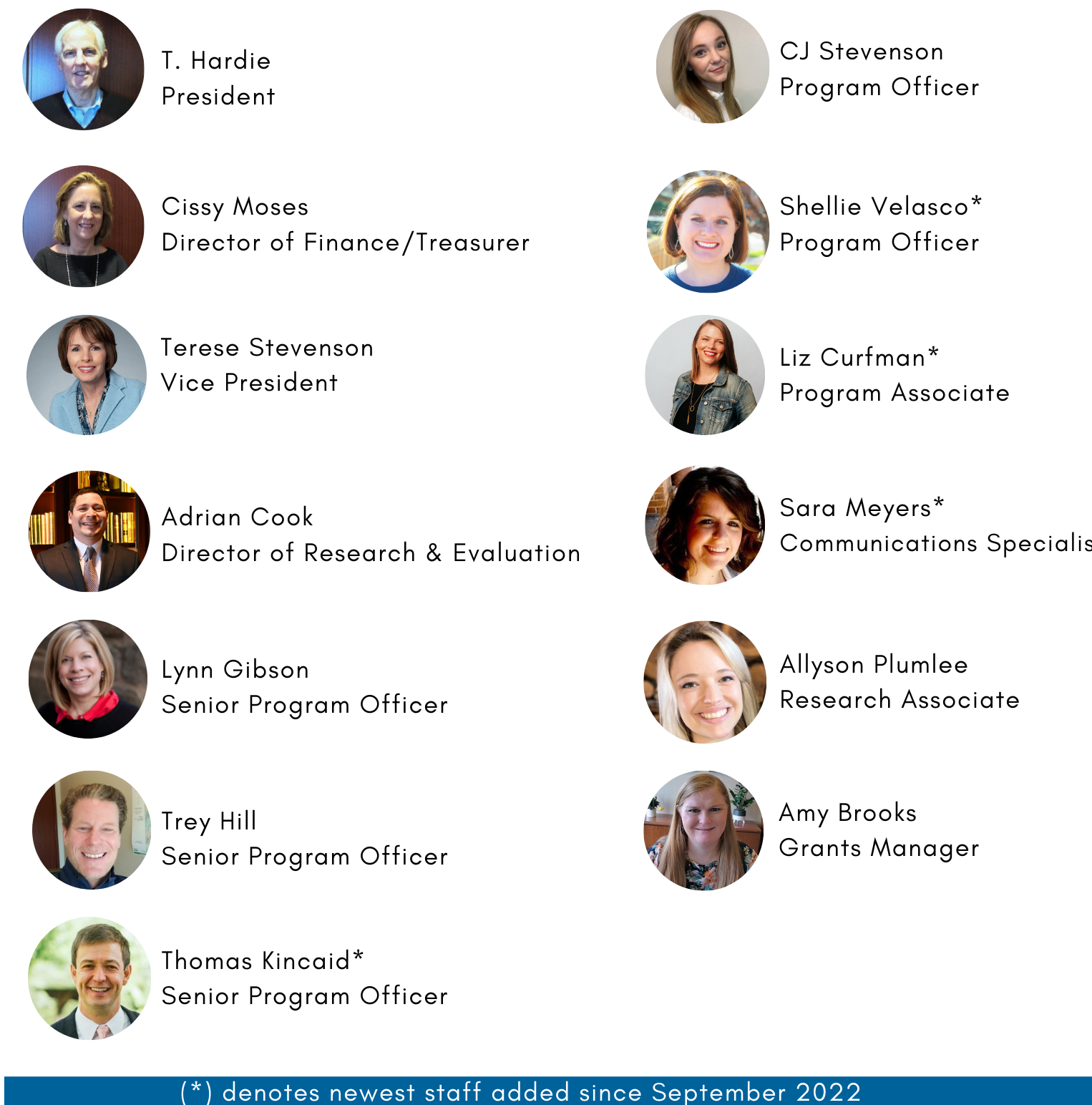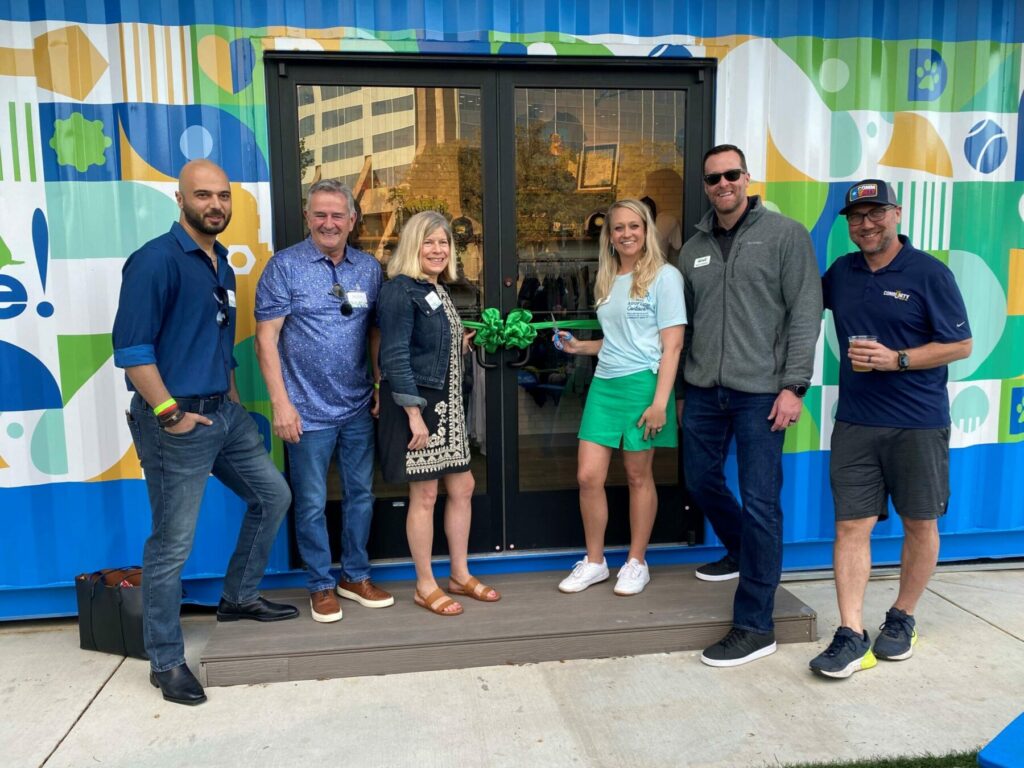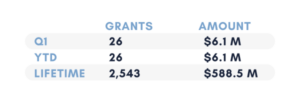2023 Q1
"The King will reply, 'I tell you the truth,
whatever you did for one of the least of
these brothers of mine, you did for me.'"
whatever you did for one of the least of
these brothers of mine, you did for me.'"
-Matthew 25:40

YES
Grant recipients are welcome to include The Rees-Jones Foundation name in their annual reports so long as the Foundation's name is listed among other annual supporters and not highlighted in a manner to bring special attention
YES
Grant recipients are welcome to list The Rees-Jones Foundation name on their websites so long as the Foundation's name is listed among other annual supporters, not highlighted in a manner to bring special attention, and the year of support (as stated in the grant contract) is clearly stated
NO
Please note that use of the Foundation's logo is not permitted - this includes on websites, social media or in print. Reach out anytime you have questions or need clarification.
YES
The proper way to list the Foundation is The Rees-Jones Foundation
CAFE MOMENTUM
Expanded and opened another restaurant in Pittsburgh, PA in March.
CAMP SWEENEY
Completed its new medical wing to better serve campers with diabetes.
CORNERSTONE CROSSROADS ACADEMY
Won the Entrepreneurial Spirit Award and Audience Choice Award at United Way Dallas' "The Pitch" social innovation competition, totaling $50,000 for their organization.
CURE INTERNATIONAL
99% of surgical patients at their hospital in Ethiopia did not acquire a surgical infection; a huge feat given the many hurdles for medical treatment across Africa.
MY POSSIBLITIES
Won the Dallas Business Journal's 2023 Leaders in Diversity Award.
RIVERTREE ACADEMY
Celebrated the groundbreaking of its new campus which will provide space to host all students.
SHAKEN BABY ALLIANCE
Celebrated its 25th anniversary after serving 7,000 families affected by shaken baby syndrome/abusive head trauma.The Rees-Jones Foundation is a private foundation that works with non-profit organizations, primarily in North Texas, that provide programs that defend the welfare of children suffering from abuse or neglect, afford relief to those facing mental health challenges, provide youth with opportunities for enrichment and character development, encourage healthy families and communities, and promote the humane treatment of companion animals.
PRIVACY POLICY
COMMUNICATIONS POLICY
If you would like to be added to our newsletter email list,
please contact Sara Meyers at smeyers@rees-jonesfoundation.org
PRIVACY POLICY
COMMUNICATIONS POLICY
If you would like to be added to our newsletter email list,
please contact Sara Meyers at smeyers@rees-jonesfoundation.org
share this newsletter





